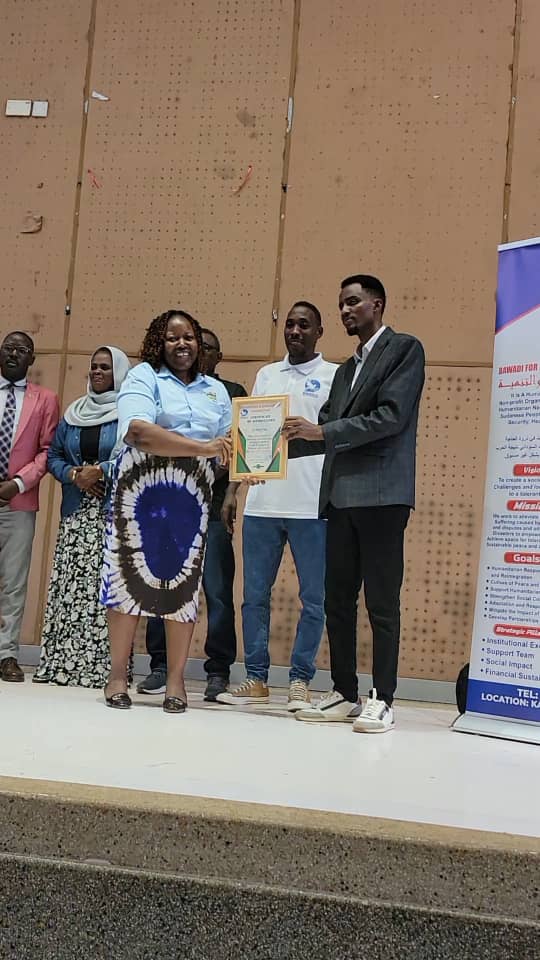18 November 2024 to 20 December 2024
A detailed report on the success of the computer course organized by the Bawadi Organization for Peace and Development in cooperation with the College of Women and Gender, Makerere University (MUK School of Women and Gender)
Course details:
Course location: Makerere University
Number of beneficiaries: 230 male and female students
Course duration: 5 weeks (18 November 2024 to 20 December 2024)
Target groups: Sudanese refugees, different ages of both sexes
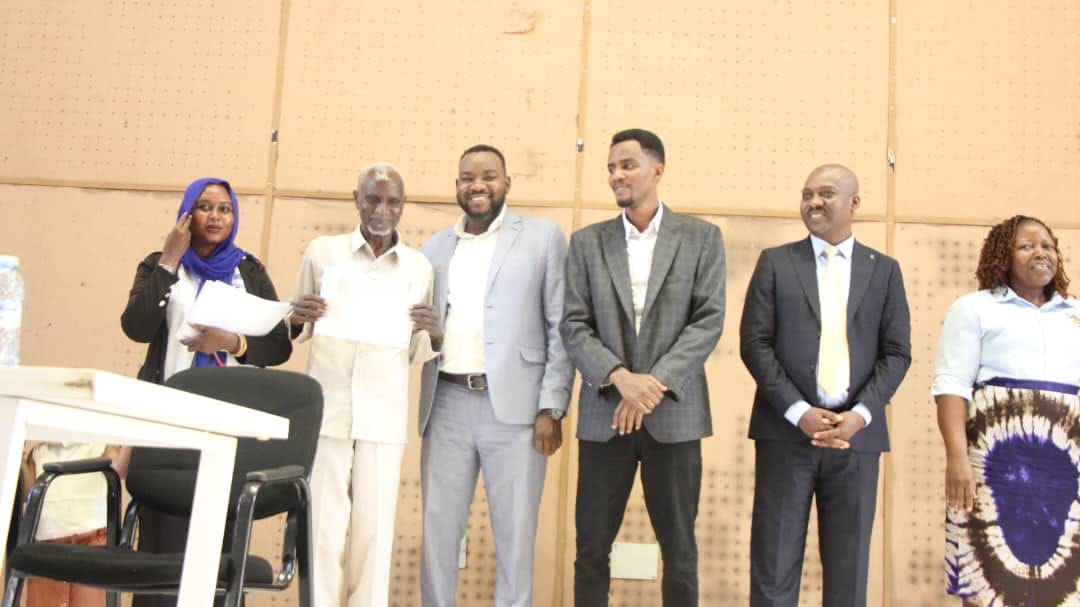
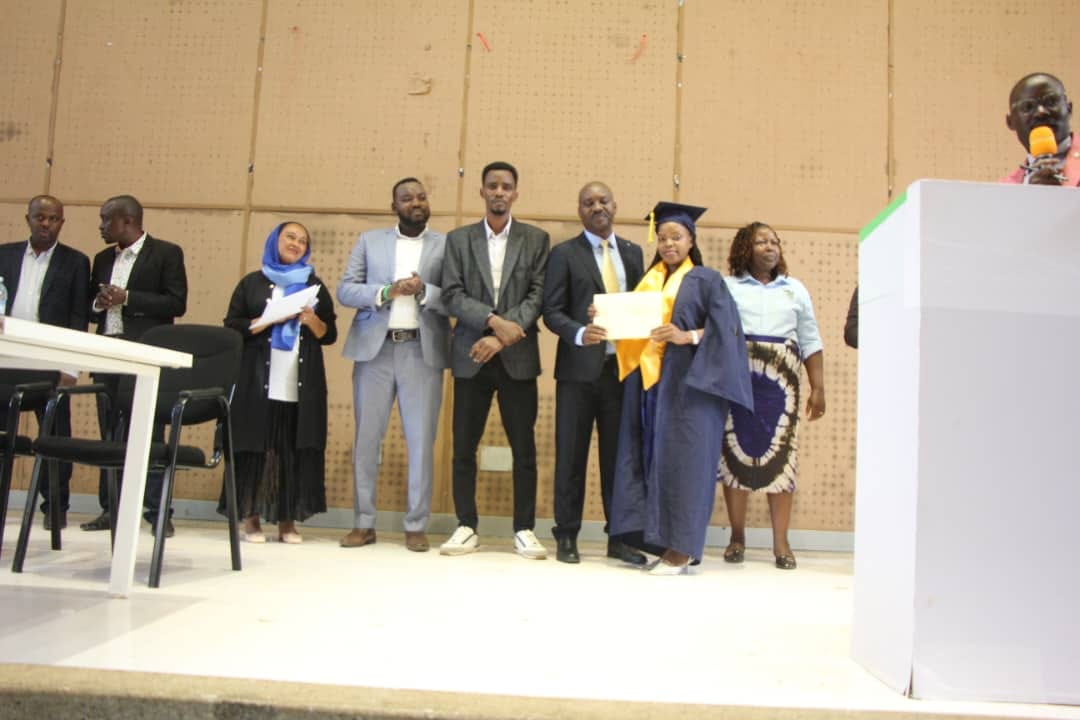
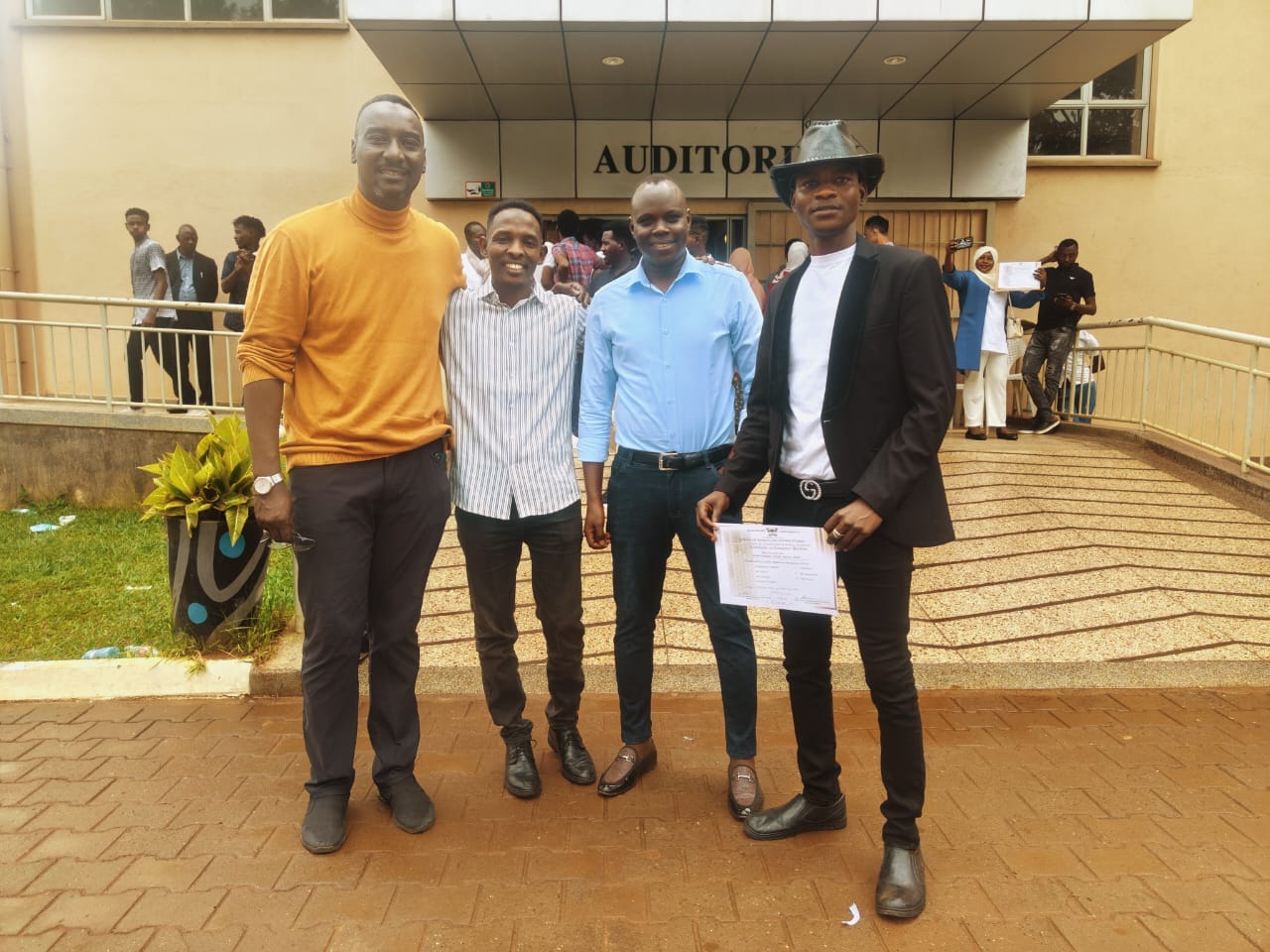
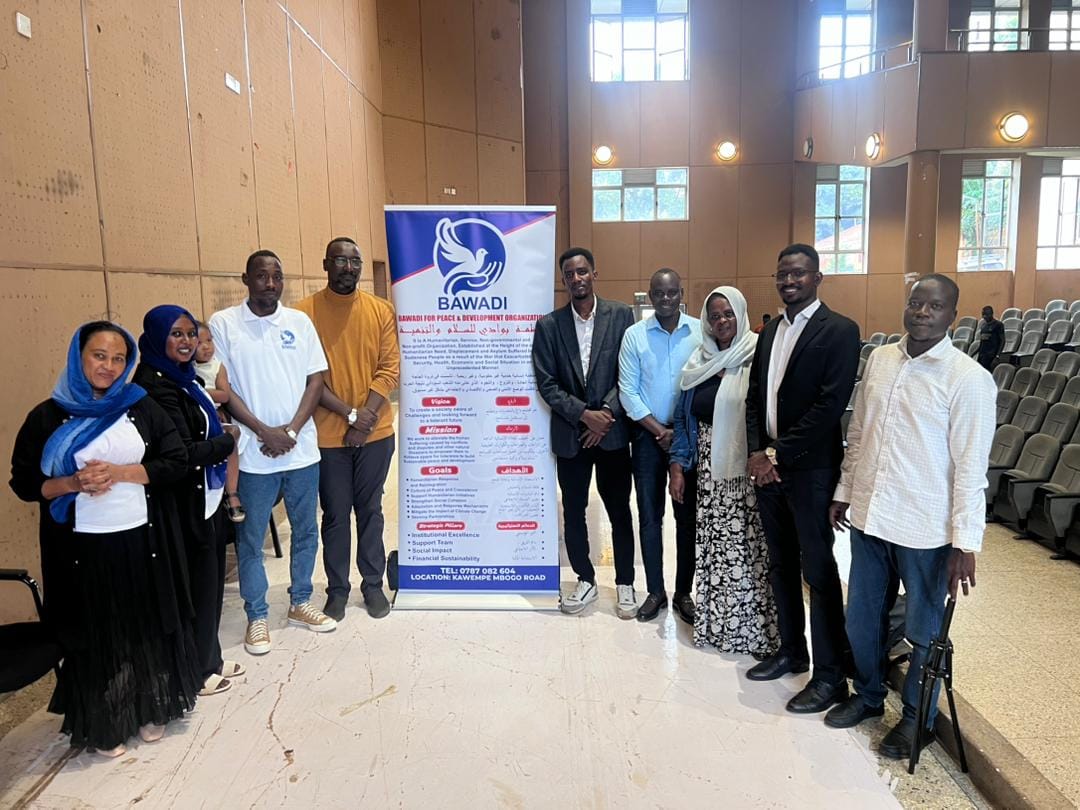
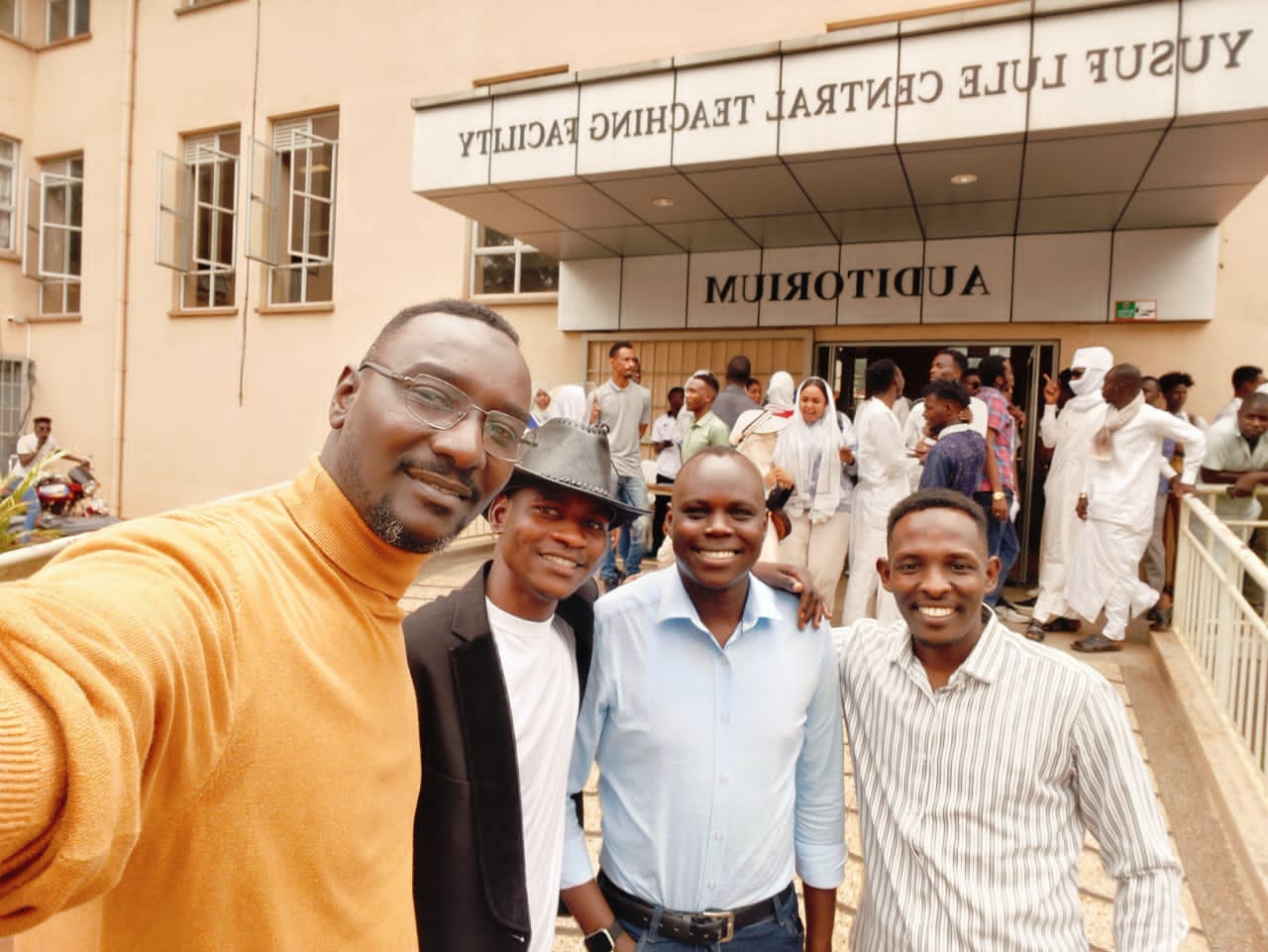
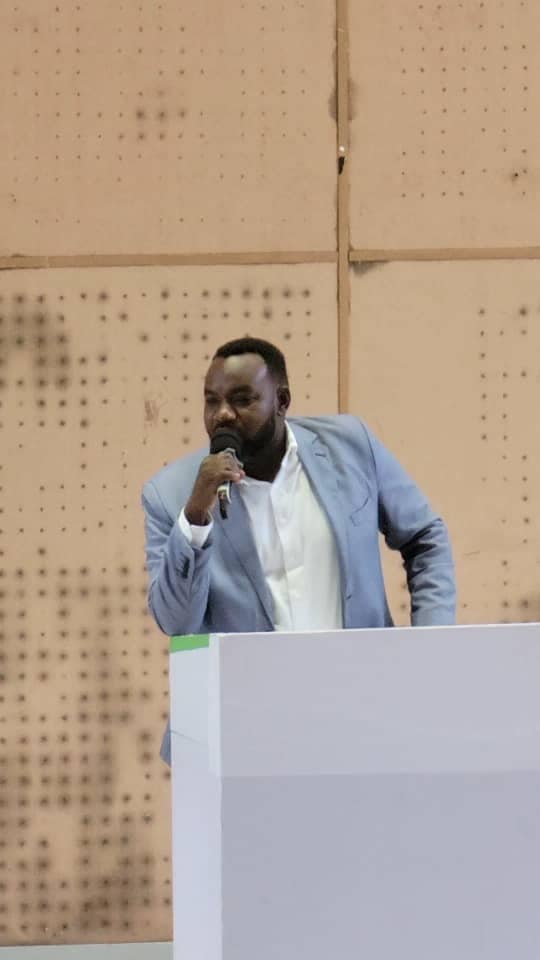
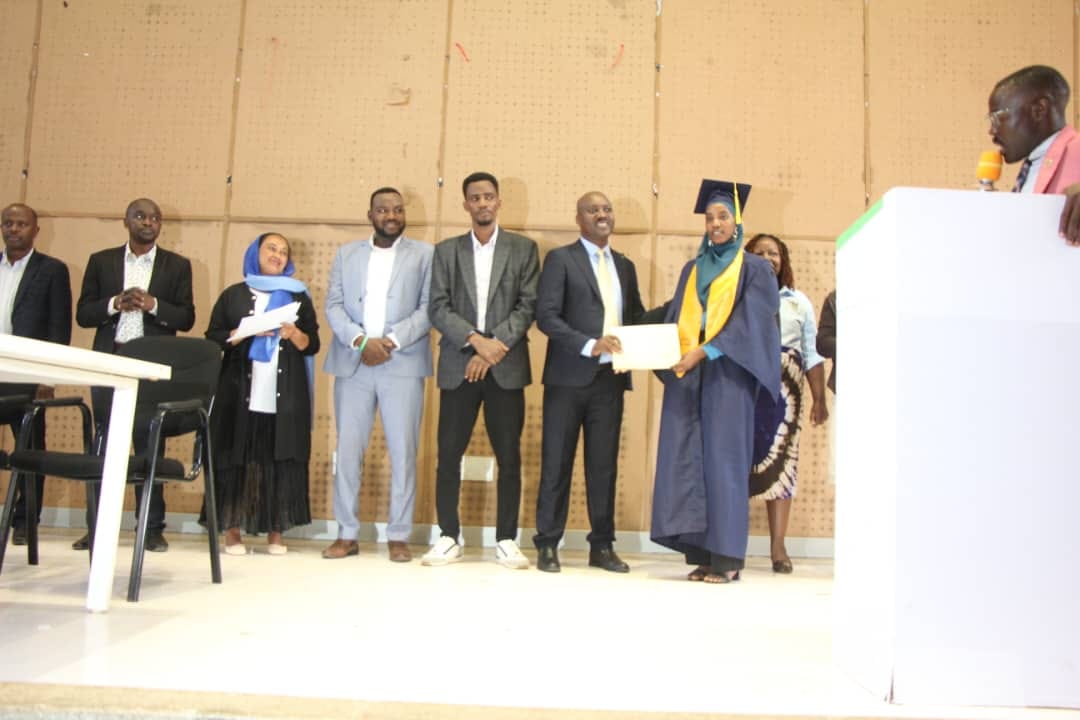
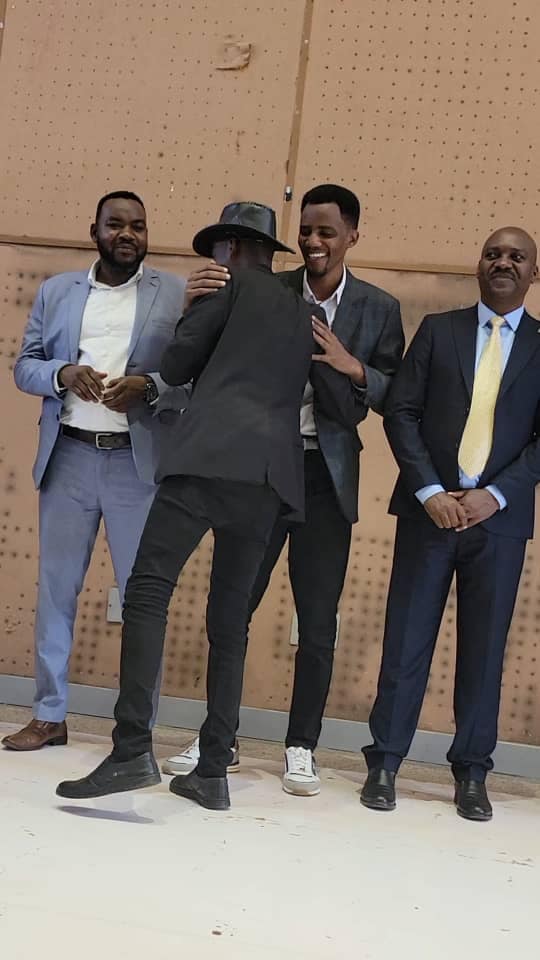
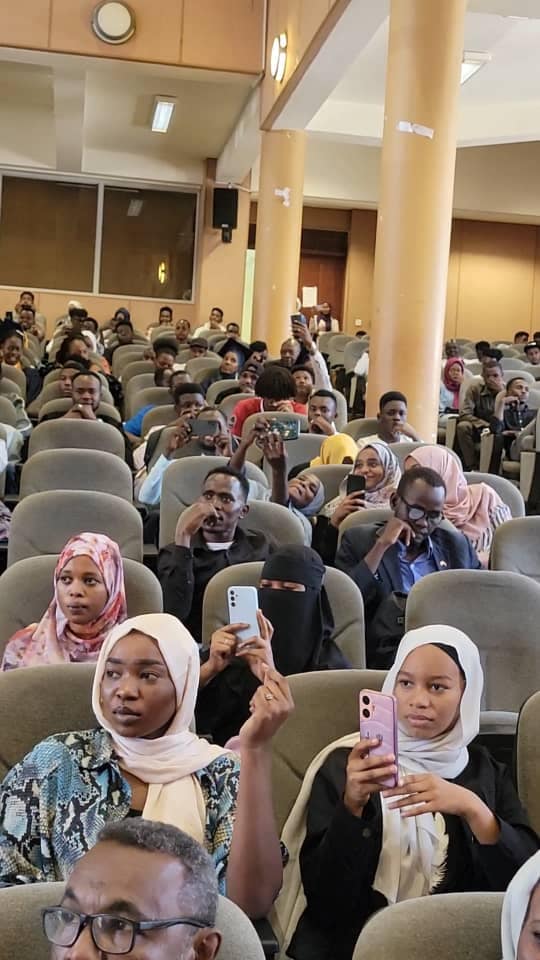
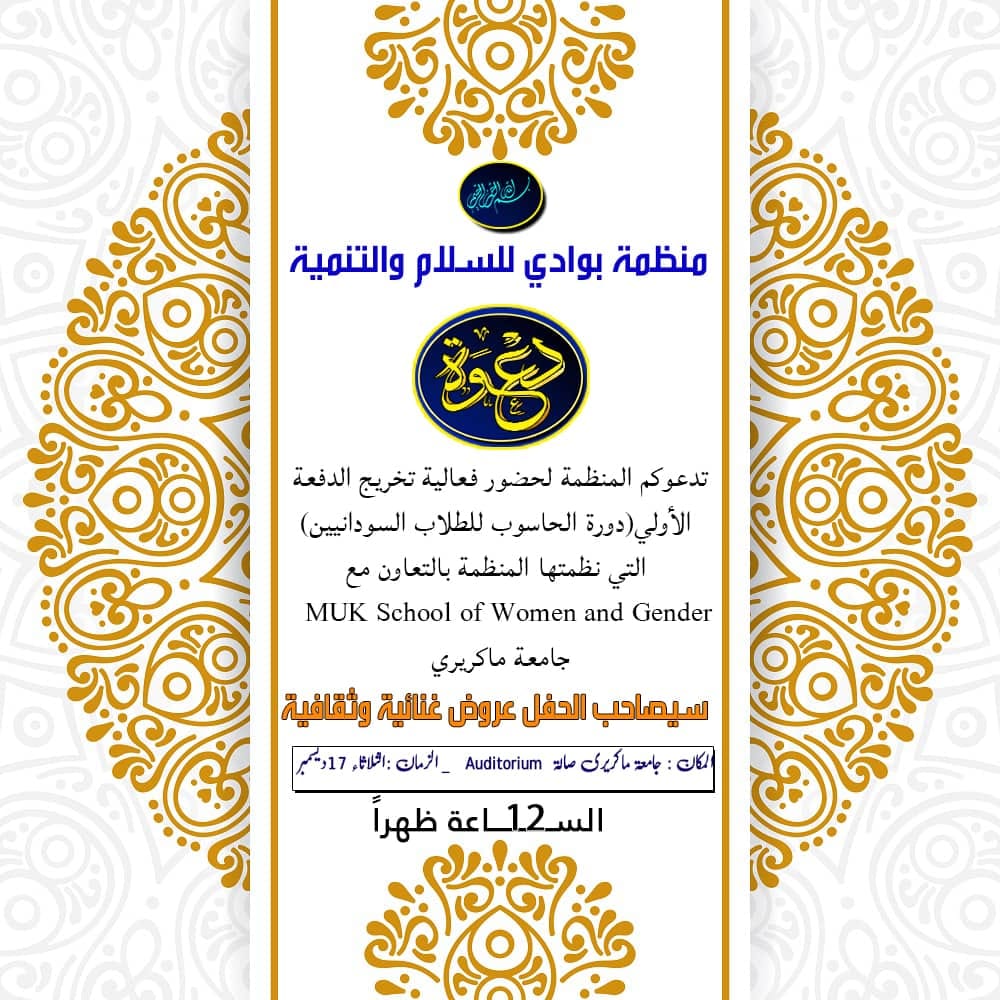
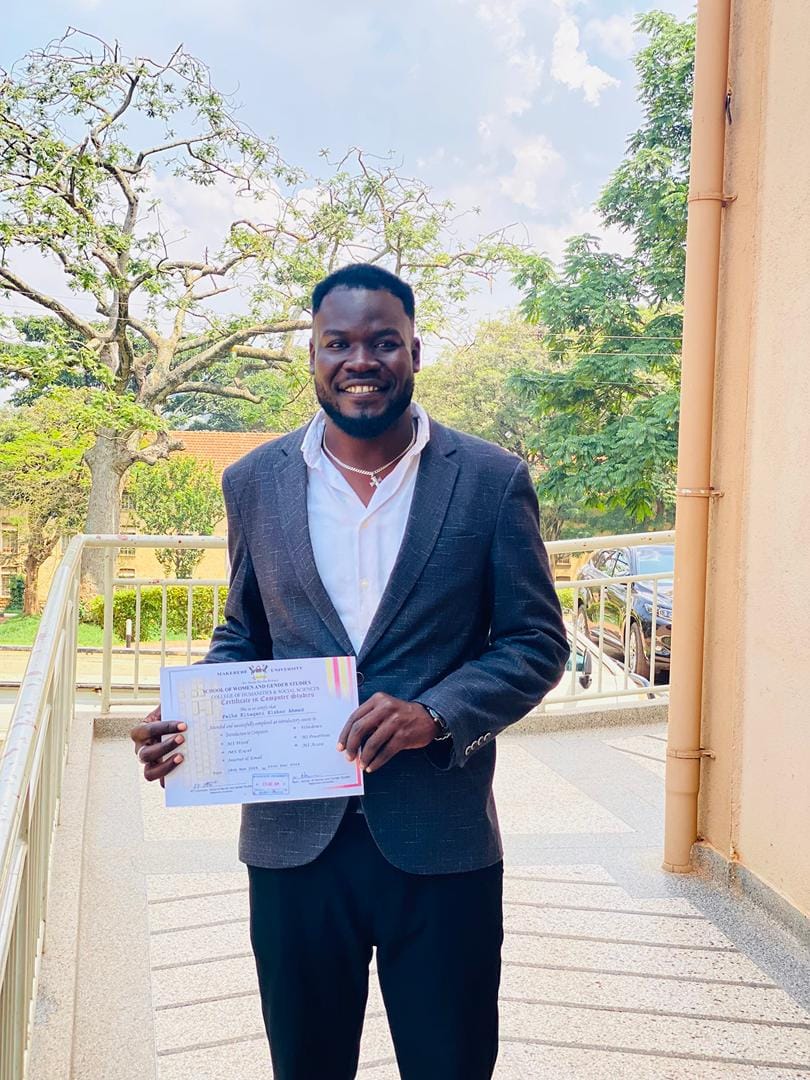
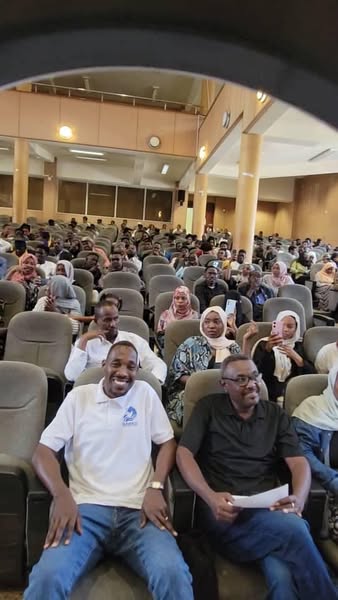
Introduction
As part of the efforts of the Bawadi Organization for Peace and Development to enhance the capabilities of Sudanese refugees and empower them technically, an intensive training course in the field of computers was implemented in cooperation with the College of Women and Gender. The course aimed to develop the skills of participants in using computers and their various applications, which contributes to enhancing their opportunities in the labor market.
Course objectives:
1. Developing technical skills: Teaching advanced basics of using computers.
2. Empowering youth: Improving job and study opportunities using technology.
3. Enhancing digital efficiency: Raising awareness of using computer tools and modern applications.
Training content:
1. Basics of using computers.
2. Microsoft Office Programs
-Word
-Excel
-Access
-PowerPoint
-Windows
3. Internet and basics of electronic search.
4. Data management and safekeeping.
Course achievements:
1. Number of graduates: 230 male and female students completed the course successfully.
2. Certificates of appreciation: Participants were awarded accredited certificates that enhance their employment opportunities.
3. Success stories:
– A noticeable improvement in the skills of participants, as 90% of participants expressed their satisfaction with the quality of training.
Challenges:
– Difficulty in providing sufficient devices for all participants at once, which required dividing participants into four groups.
– Varying levels of technical knowledge among participants, which necessitated providing additional support for some students.
Recommendations:
1. Increase the number of devices and training resources to meet the increasing numbers.
2. Implement advanced courses to complete the learning journey.
3. Expand partnerships with other institutions to expand the scope of benefit.
Conclusion: The course was a great success, as it was able to enhance the technical skills of 230 male and female students, reflecting the keenness of the Bawadi Organization and the College of Women and Gender to support and empower young people. We recommend repeating and expanding this experience in the future to achieve more benefit for the community.
17 December 2024

